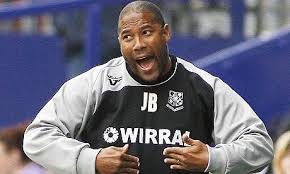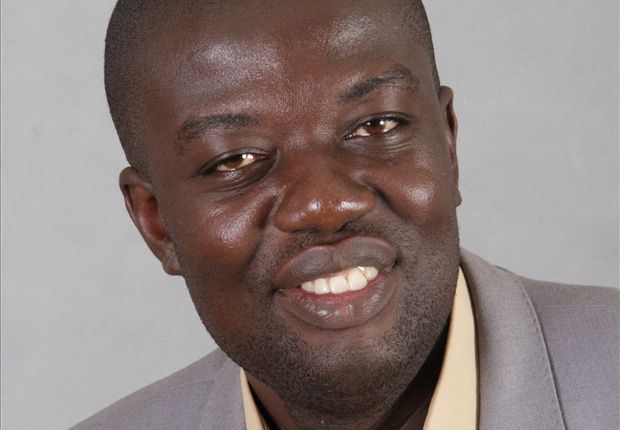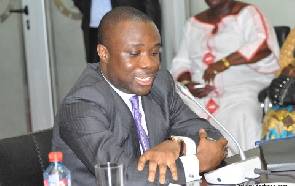 A Professor of Law at New Jersey’s Seton Hall University, Henry Kwesi Prempeh, says by essentially dismissing the petition against the 2012 elections results, the Supreme Court held no allegations against the Electoral Commission and so the second respondent in that landmark suit is under no obligation to carry out reforms.
A Professor of Law at New Jersey’s Seton Hall University, Henry Kwesi Prempeh, says by essentially dismissing the petition against the 2012 elections results, the Supreme Court held no allegations against the Electoral Commission and so the second respondent in that landmark suit is under no obligation to carry out reforms.
Professor Prempeh stated, however, that it would not be prudent on the part of the Commission if it fails to heed calls for reforms.
Speaking on TV3’s Hot Issues on Saturday, September 6, Prof. Prempeh explained that by the autonomy of the Commission, the Court could not order it to carry out reforms.
“It is just some judges on the bench in that case [who] came out with recommendations for the consideration of the Electoral Commission,” he said.
The Commission has since the ruling on August 29, 2013 initiated steps to reform some of its modus operandi.
An Election Reforms Committee made up of representatives of the various political parties has been formed, for instance.
The Committee is expected to consider proposals for electoral reforms.
“I think there is really nothing in terms of electoral reforms coming from the Court’s decision having not found the petitioners to have established any of the allegations they made in the petition.”





